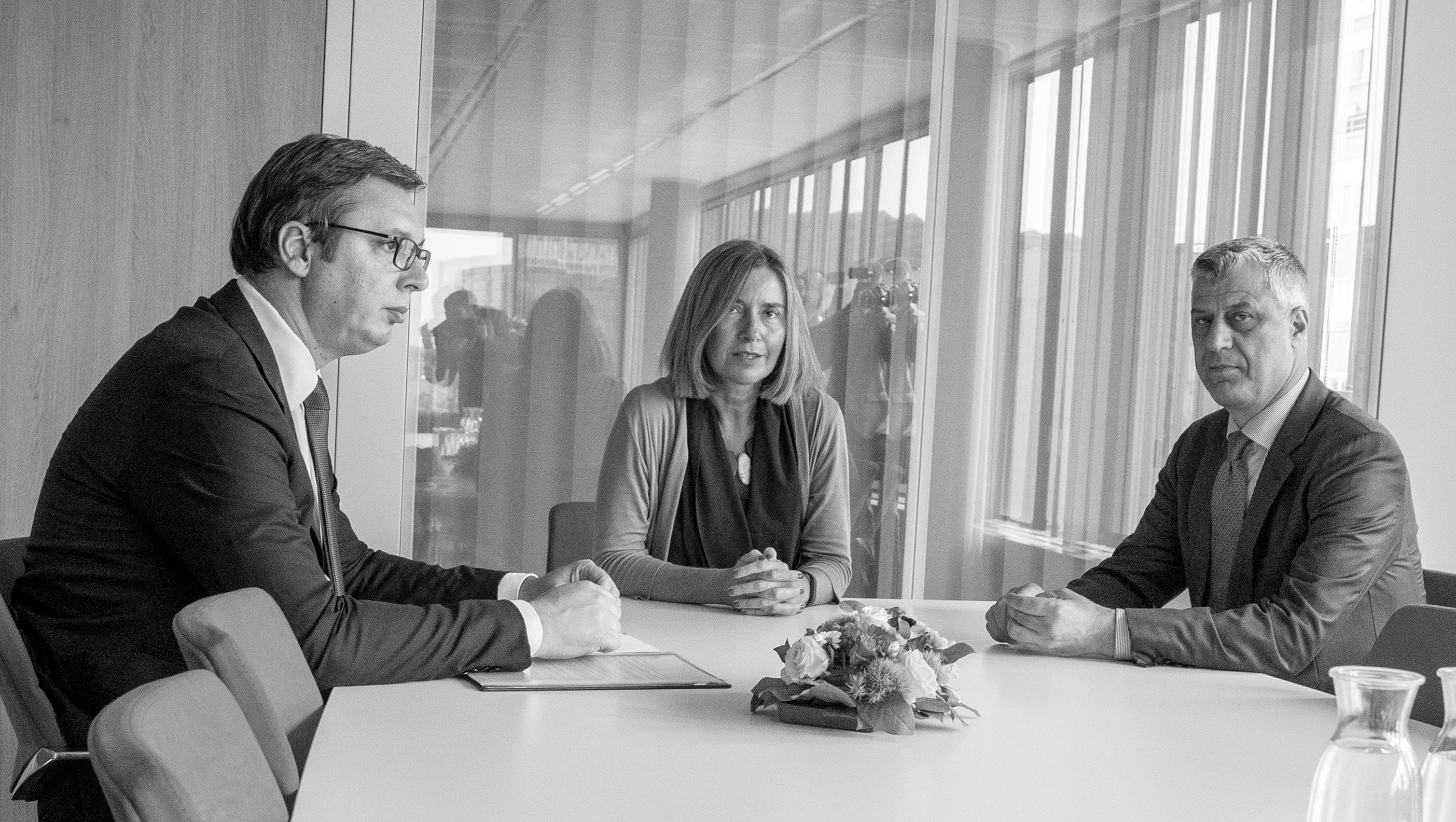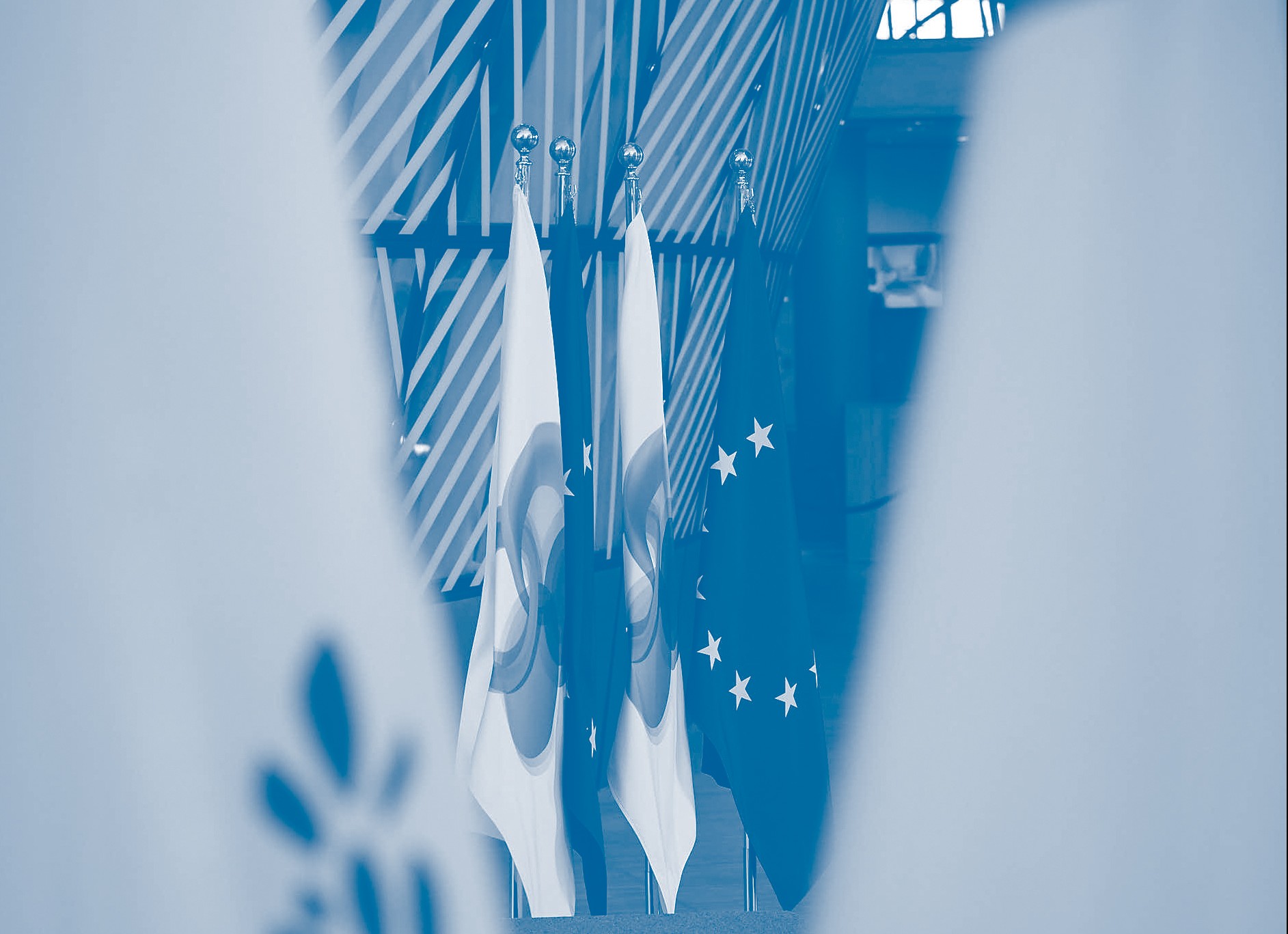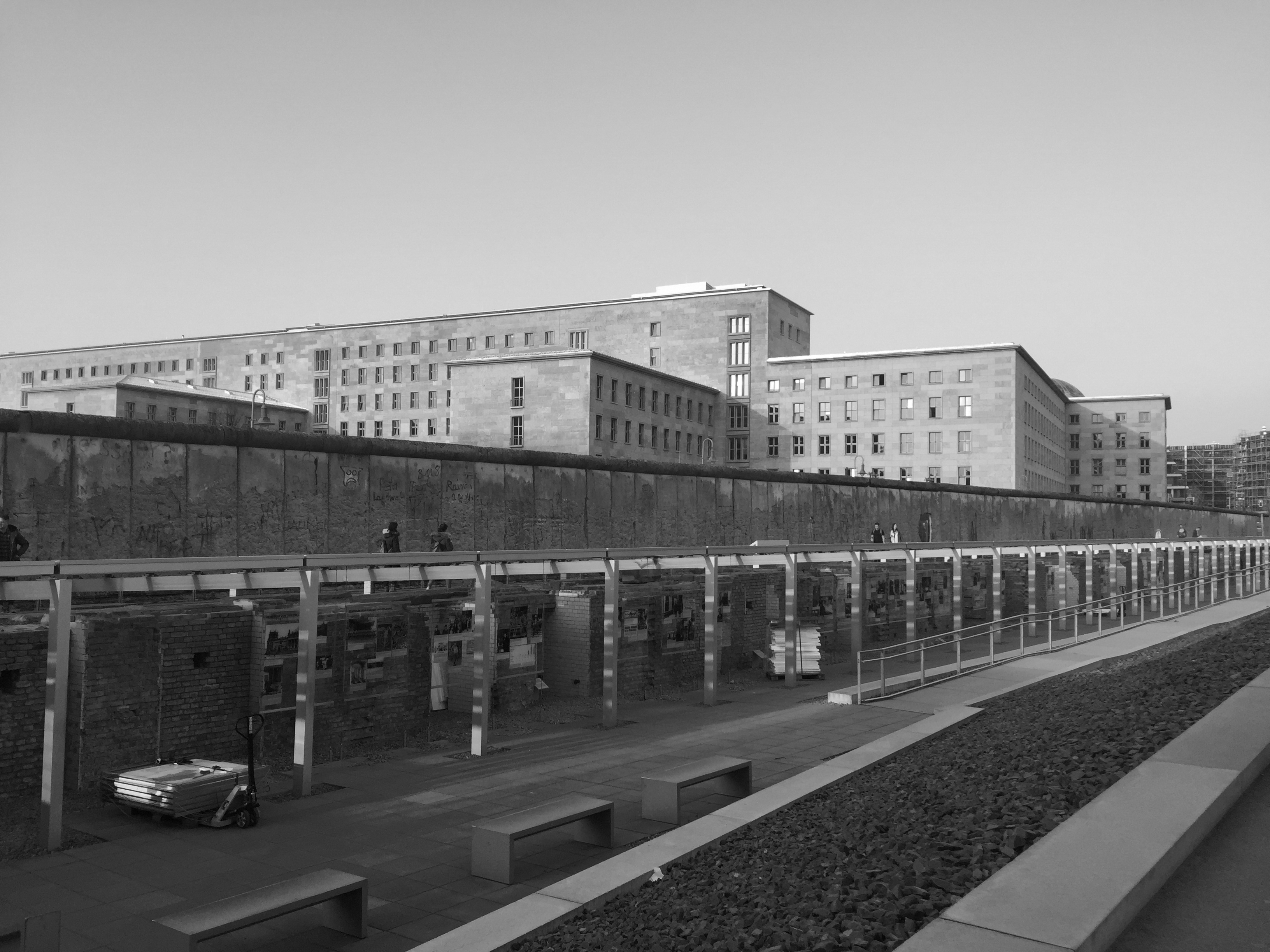Q:In his recent article in the Washington Quarterly, Thomas Bagger (a former Head of Policy Planning at the German Federal Foreign Office) pointed out that the post-1989 German foreign policy consensus no longer exists. The world has changed. The assumptions and premises of the 1990s are being contested. Is Germany ready for a world where the return of great-power competition is becoming the new normal?
A: Germany is not well prepared for the new realities. The new developments, especially the great-power competition and the changing role of the US, where nobody knows where Donald Trump is heading in the future, are threatening Europe’s and Germany’s foreign policy identity. After 1945, German foreign policy was built on two pillars: on one side, European integration and the idea of an ever-closer union; and on the other side, the trans-Atlantic relationship and the close link with the United States. Now we see these two pillars under threat simultaneously.
In the EU this idea of further, deeper integration is now being questioned – not least by the Germans. In this environment, Germany is struggling to find a position. We want to uphold both principles – a strong focus on the EU and a strong focus on trans-Atlantic relations. Merkel won’t throw transatlantic relations out of the window just because of Donald Trump. So the idea is to develop some strategic patience while at the same time the German government tries to build bridges to other American players or institutions – like Congress, or governors.
Thomas Bagger is right in saying that after 1989 the idea of transformation was something that the Germans really embraced. The problem is that we believed this was a one-way road, and we did not expect the pushback that later followed both inside and outside the EU. It is really difficult for Germany to adjust and understand these trends because Germany itself has really been transformed since 1945. It is part of the German national identity that we have changed for good. At the core of German foreign policy identity remains the fact that institutions are the linchpin of global diplomacy and multilateralism. In the end, the whole EU is not suited for great-power competition.
The EU as a construct was built as the opposite to great-power competition, the opposite to the zero-sum game. The founding idea was that overall everyone would benefit and be better off. The whole concept of the EU is avoiding nineteenth-century power politics. We must not be too quick to throw everything we have achieved out of the window.
The EU today, even if its export model has been damaged, is still a beacon for many other regions around us, even if this transformative approach has failed to some extent in Turkey and Russia. It would be wrong to adjust too much and become another great power. The EU would not be capable of this, and for Germany this is not an option. This whole idea of great-power competition is very alien to Germany since 1945. It is more French and British, but not German. In a way Germany is a post-modern country, a post nineteenth-century country. This new reality really calls into question the whole German political model and the way we thought about the world.
Q: How is this whole issue of European strategic autonomy understood in Berlin?
A:If you look at German documents from before the publication of the EU Global Strategy, the concept of strategic autonomy is not mentioned. Strategic autonomy is also not a very German concept, as after 1989 two lessons were learned: never again and never alone. But this ‘never alone’ excludes strategic autonomy if you reduce it to German foreign policy. It can only be about the EU’s strategic autonomy. If you define it in a European way, for Germans it is more about the ability to act and decide your own actions. It is about not becoming a plaything in the hands of China and the United States: to be a driver, not to be driven. In this context, the Germans’ aim is to establish a European Defence Union, that is not intended to duplicate NATO, but should be an add-on to NATO, and which should take over when the Alliance is unwilling to take action. Overall you also see different interpretations of the concept of strategic autonomy all over Europe. Germans are not really ready to face a situation when there would be no NATO, and they only think very timidly about a plan B option. The French are somewhat disappointed that Berlin hasn’t embraced this more. For the Germans, NATO remains the first line of defence. At the same time, what we do at the EU level on defence and security is more of an integration project, to find an additional glue that binds Europeans together in addition to the single market, another project that has as many members as possible.
Q:China is projecting its power and influence in Europe through companies, strategic assets and regional formats. During this time, both the US and the EU have learned to fear China. It is increasingly being approached, at least rhetorically, as a competitor. China is even being spoken of as a systemic rival. Do you see any potential strategic convergence between the EU and the US in counterbalancing Chinese influence on the European continent? How is China perceived in Germany?
A: The debate in Germany has changed a lot. It started a couple of years ago. For a very long time Germany primarily considered China as an economic opportunity. There are deep trade relationships. Now, it is increasingly being acknowledged that it is a competitor and we have to be cautious. The Defence Minister recently spoke about a united European strategy on China.
There is greater awareness and readiness to do something. China is one of the topics that has the potential to split the EU further. In Germany, most people in the streets see Trump as the greater threat; China is not really seen as an adversary. At the same time the readiness to join the American approach towards China is not there.
We see this reluctance on the 5G issue. Some other European member states are more open to embracing the American approach. Berlin doesn’t like this growing competition, the rhetoric coming from the White House. The idea is to strengthen the European Union, but not as a counter-weight to the US, because a lot of people in Berlin are arguing that this is a chance for the trans-Atlantic relationship to implement a joint strategy. But this should not mean that we are vassals to the US.
Q: The idea of Fort Trump in Poland is being contested in Old Europe.
A: I think in NATO we have found a carefully crafted balance between deterrence and dialogue. A Fort Trump would destroy this, and it is not in Germany’s interest. It is not that we are appeasing Russia, but I don’t think there is any need to provoke them unnecessary. I think the existing measures NATO has taken have been very good and are – for the moment – sufficient.
Q: Will the idea of a future European Security Council prepare Europe better for a changed global ecosystem?
A: The problem with the European Foreign and Security Policy has not been a lack of institutions that prevents us from acting. It is a lack of unity and of political will from the member states. Done in the right way, a EU Security Council could help the EU to move forward. The other idea is to have a European Security Council that also includes the UK, but then you have to find a good balance for the small countries, between regions and a rotating element. Such a mechanism would help to keep the UK close to the EU, something that is absolutely necessary. That is why I think the European Intervention Initiative does not undermine PESCO and the EU structures, but it can also help by bringing in the UK and Denmark. When I think about European security, I think more of a toolbox with different instruments – we shouldn’t think in boxes, but rather in a combined approach. We have to put more effort into thinking how to make them inclusive, flexible and mutually reinforcing.
Read more:
1. Radosław Sikorski, Polish MEP, EPP Group: “Josep Borrell needs to establish the credibility of the office of High Representative”
2. Tomáš Valášek, director of Carnegie Europe: “Central Europe has acquired a reputation in Brussels for being unconstructive, for always saying no.”






